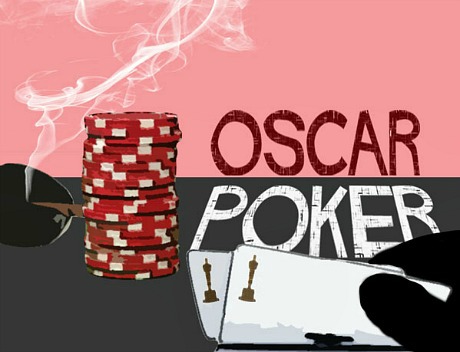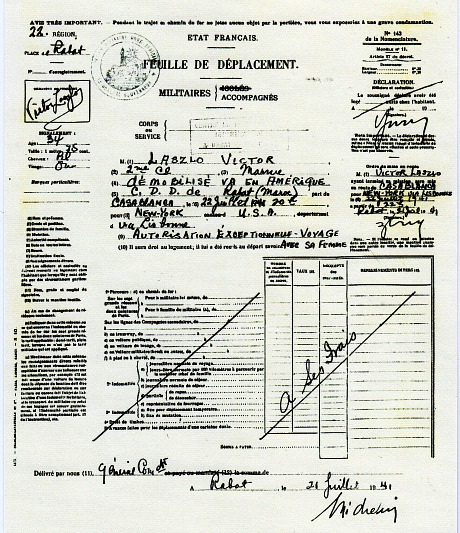From a GQ piece by Joshua Rivera, posted on 12.24: “A lot of movie soundtracks aren’t so great right now. It’s surprising how many big blockbusters will be accompanied by scores that are hard to describe as anything other than ‘forgettable’. But what’s also interesting is that once-common musical ideas like motif have fallen out of fashion — when was the last time you saw a movie with a theme you could hum? The sort of instantly recognizable, heroic melody that has accompanied and elevated films like Rocky, or, hell, Star Wars, just doesn’t happen as often anymore, and in that way, Creed‘s score is kind of a throwback. But it’s a throwback that’s full of so much that’s new. Like hip-hop.
“Ludwig Goransson‘s Creed compositions frequently reference Bill Conti‘s legendary Rocky score, but in quiet ways — you first hear the Rocky theme’s familiar six-note refrain as the tender conclusion to the music that plays behind Adonis’ first casual date with Tessa Thompson‘s Bianca. It’s a technique that makes an old tune feel very different while also keeping you in subconscious suspense, wondering if you’ll ever hear those horns you know so well. And maybe you will — on some level, you know the movie has to go there — but Creed has other, more exciting things to do before that.”
11.25 HE post: “I’ve noted a few times that I prefer the kind of film score that seems to be watching the movie with you and expressing what you’re feeling as the story progresses. (Examples: Spotlight, Moneyball.) The other kind announces the emotional intention or goal on a scene-by-scene basis and more or less instructs you how to feel. Ludwig Goransson‘s Creed score is one of the latter, but it’s an arresting and often rousing example of this approach.


